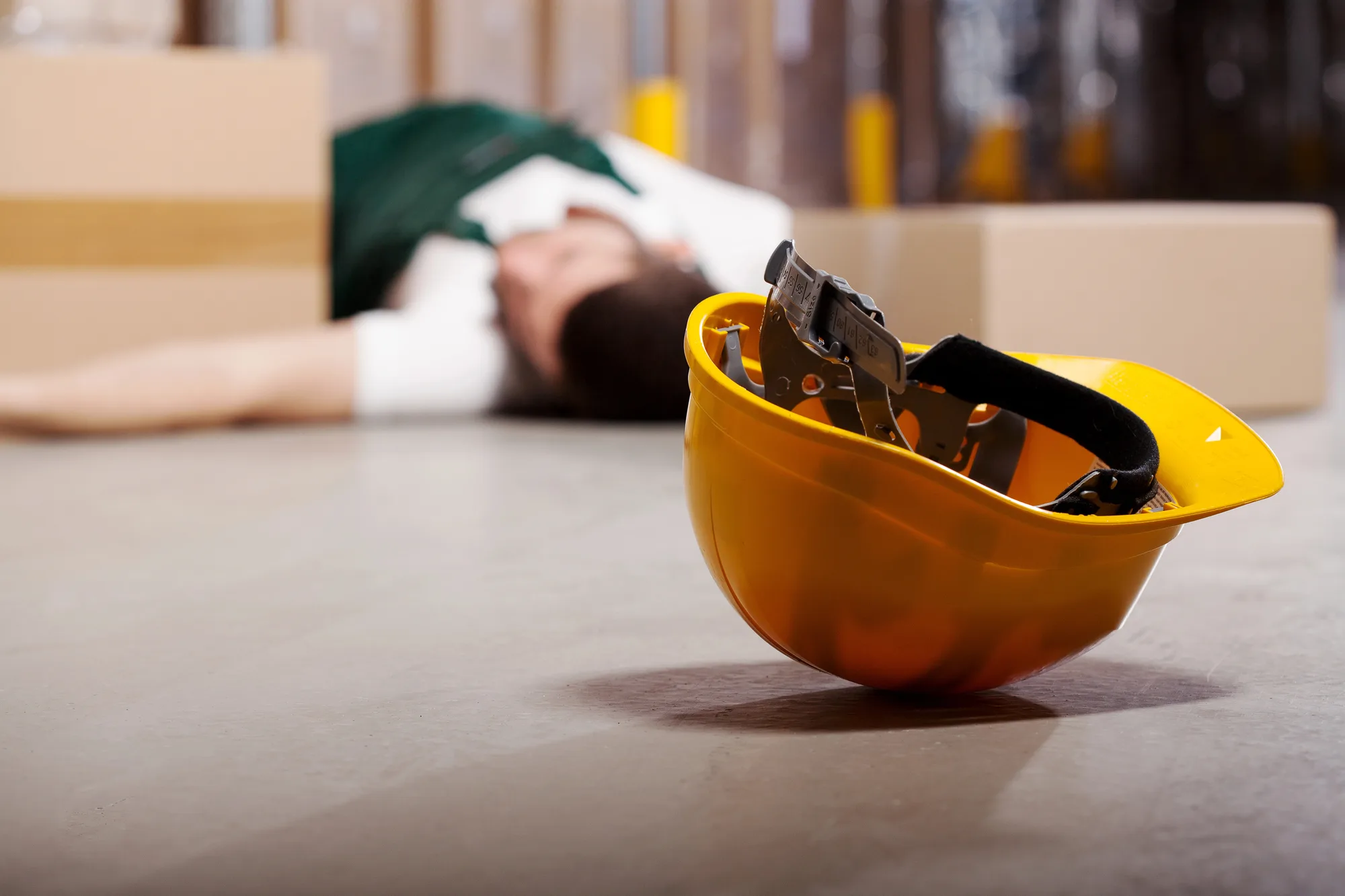Sometimes, a slip and fall accident is just that, an outright accident. Maybe you’re not paying attention and this results in your slipping or tripping, and the next thing you’re on the ground and dealing with your injured pride. Your accident is no one’s fault, except yours—however, other slip and fall accidents are caused by someone’s negligent or malicious actions.
When this applies, you’re suddenly trying to figure out who’s to blame for your accident. Determining liability in a slip and fall accident can be a complex process. After all, very rarely does someone step up and take responsibility. You may also be dealing with more than one negligent party and this can result in additional complications.
Potential Liable Parties in Slip and Fall Accidents
If a slip and fall accident happens on a property you own, you’re probably the one who’s liable. Since filing a personal injury lawsuit against yourself isn’t the best idea, you’re limited to filing a claim with your insurance provider, which typically means submitting a claim to your health or property insurance provider.
You may be able to file a file with both types of insurance companies, but don’t get greedy here. Chances are, only one insurer will settle your injury claim. The other insurer will probably refer you to the one best suited to addressing your injury claim.
So, what happens when an accident occurs on a property you don’t own? This is when you start trying to determine the liable party. Sometimes, there may be more than one liable party which can complicate your slip and fall accident claim.
Property Owners
Florida law is pretty clear when it comes to property owners and safety. Under Florida law, property owners must exercise reasonable care. Doing so means keeping the property safe or warning visitors if there’s a potential hazard, and this law even applies to vacant lots. In other words, the owner is responsible for the condition of any property they own.
This law isn’t limited to residential properties or even vacant lots, it also applies to business owners. As the owner of the business, you’re legally responsible for property upkeep, maintenance, and safety.
Commercial Tenants
Okay, remember how determining liability can get a little complicated? Here’s a possible example. If the property has a commercial tenant, think of a retail shop or grocery store, and liability can extend beyond the owner. In other words, the property owner is usually liable, but the commercial tenant may also shoulder some of the blame.
An example is if the commercial tenant doesn’t clean up a spill—you slip and fall on the slick floor ultimately resulting in injuries. There’s a good chance your personal injury claim will name both the property owner and the commercial tenant.
However, don’t expect personal injury cases with multiple defendants to go smoothly. Now, you’re probably dealing with two insurance providers and neither may be willing to settle.
Property Managers
Your personal injury claim from a slip and fall accident may even name the property manager as a liable party. Sometimes this can also include the commercial tenant. The property owner is almost always named in a slip and fall accident case.
While you may only think property managers are at multi-family complexes and assisted living facilities, this isn’t always true. Property owners often employ managers to oversee their holdings, especially if they live out of state. The property manager is responsible for more than collecting rent from tenants, and they are also responsible for ensuring the property is safe for tenants and visitors.
Your slip and fall may be caused by a loose floorboard or inadequate lighting; regardless of the cause it’s the property manager’s responsibility to maintain the premises.
A Homeowner
Hopefully, this doesn’t ruin a friendship or relationship with a family member. However, if your slip and fall accident occurs in their home they may be the liable party. Before you start yelling about potential lawsuits, take a deep breath. Think about the importance of the relationship. Taking a loved one to civil court rarely strengthens any bonds.
With that being said, you should talk to the homeowner about their insurance. Filing an injury claim with their homeowner’s insurance provider may raise their monthly premiums, but at least your relationship with them is still intact.
If their insurance refuses to settle your claim, then you can start talking about a personal injury lawsuit. However, remember it’s the insurance company refusing to pay your injury claim and not the homeowner.
Workplace Slip and Fall Accidents
Even though your workplace probably does everything it can to foster a safe environment, accidents like a slip and fall can still happen. Before you rush off to contact your insurance provider, talk to your manager. Almost all businesses in Florida are required to carry workers’ compensation on their employees. The only exception applies to small businesses with only a handful of employees.
Workers’ compensation should cover your expenses relating to your injuries. This typically includes medical bills and even lost wages. However, sometimes workers’ compensation balks at paying out injury claims. If this happens to you, contact an experienced personal injury attorney.
How Comparative Negligence Can Affect Your Compensation
If you’re not aware, Florida follows comparative negligence guidelines. What’s comparative negligence? The rule allows you to seek compensation for your injuries even if you’re partially responsible for your slip and fall accident.
However, there are limits to how much blame you can be assigned. If you’re found to be more than 50% to blame for your slip and fall accident, you can’t file a claim against the other responsible parties. But, if you’re less than 50% at fault, then you can file a compensation claim. The amount of your settlement will be reduced by your respective percentage of blame for the accident.
Talk to a Personal Injury Attorney About Your Slip and Fall Accident
The sheer complexity of establishing liability in slip and fall incidents cannot be overstated, given the nuanced nature of such cases where responsibility may lie with one or multiple parties.
Navigating the intricacies of legal claims and securing rightful compensation for injuries sustained is an inherently challenging and protracted endeavor. Reaching out to an attorney specializing in personal injury law can significantly simplify this process, offering essential guidance and expertise to streamline your legal journey.
With professional legal assistance, you can enhance your understanding of the relevant laws, improve your chances of a successful claim, and work towards securing a compensation package that truly reflects the extent of your damages and losses.






